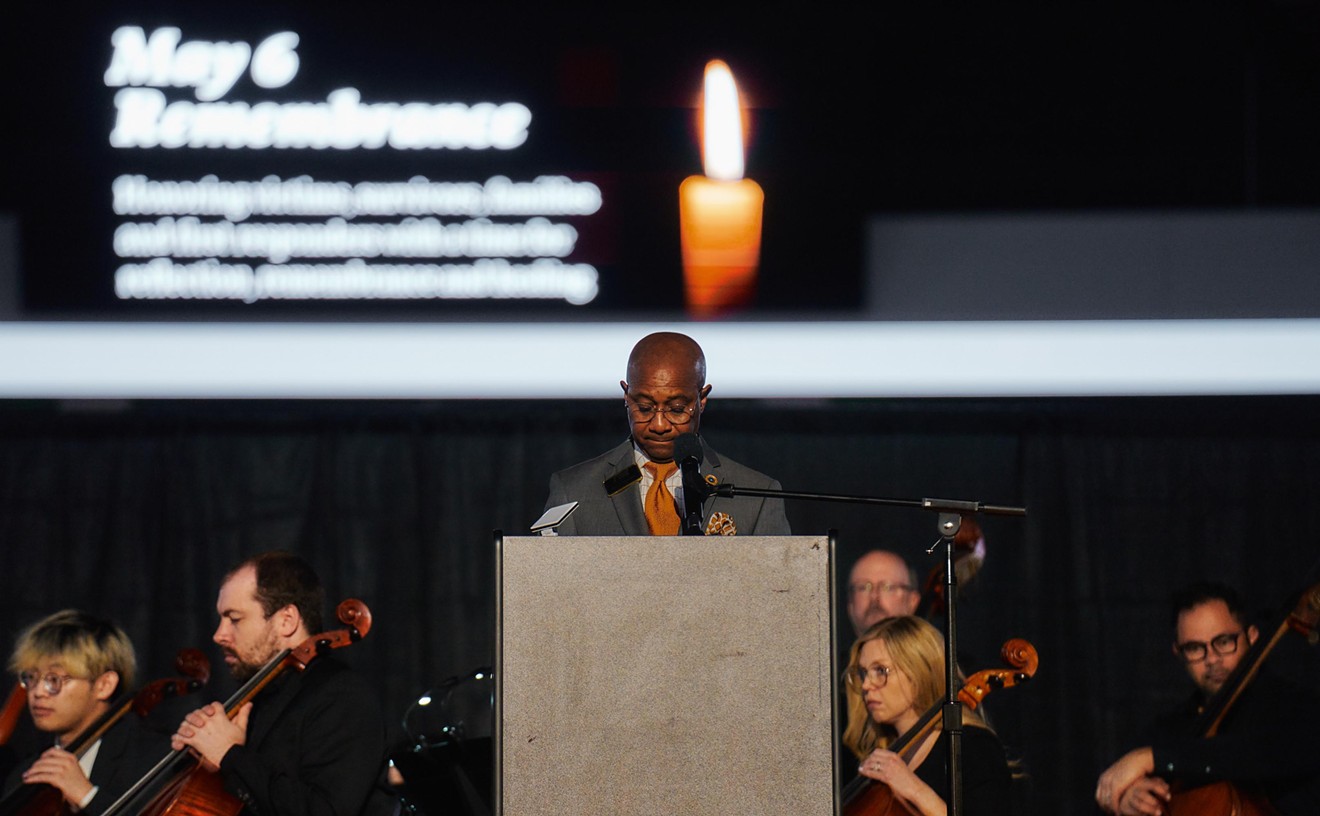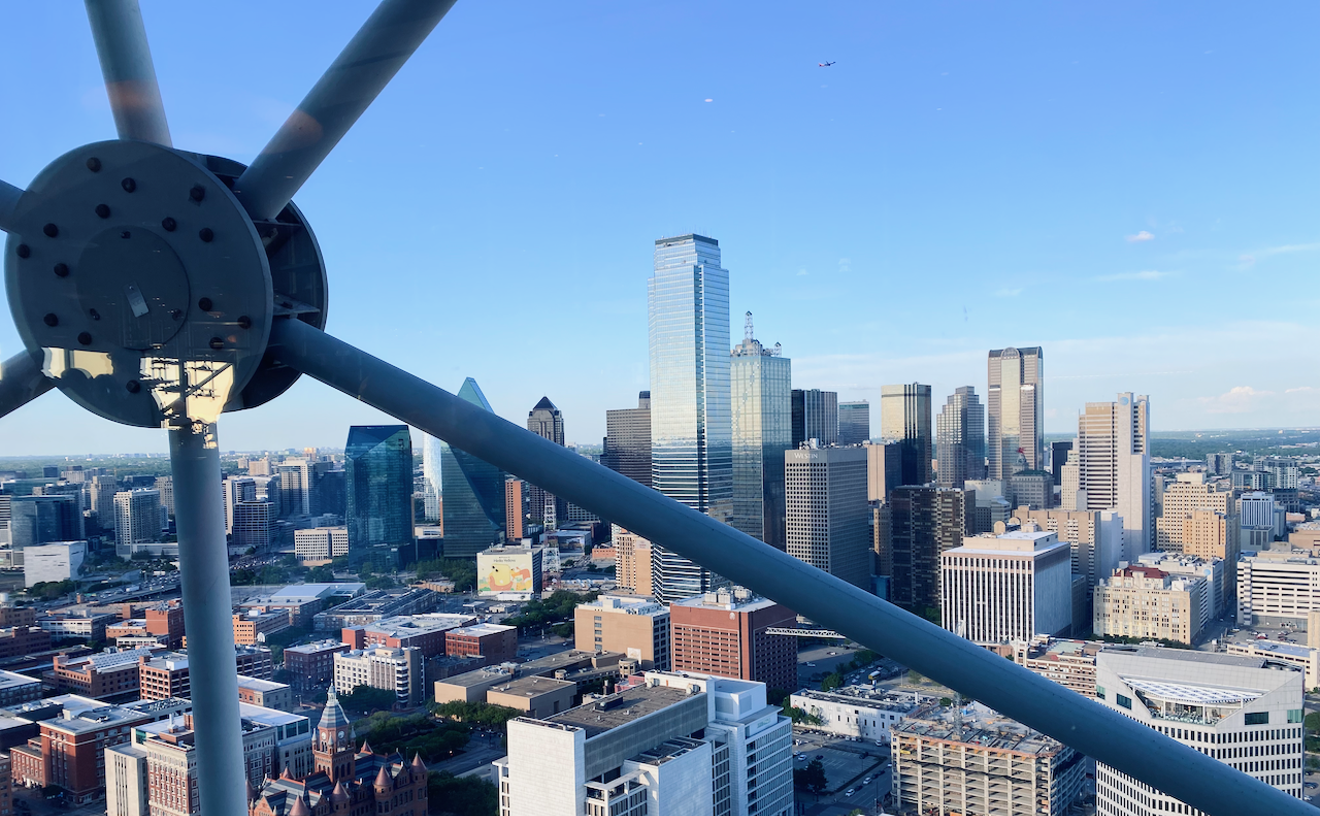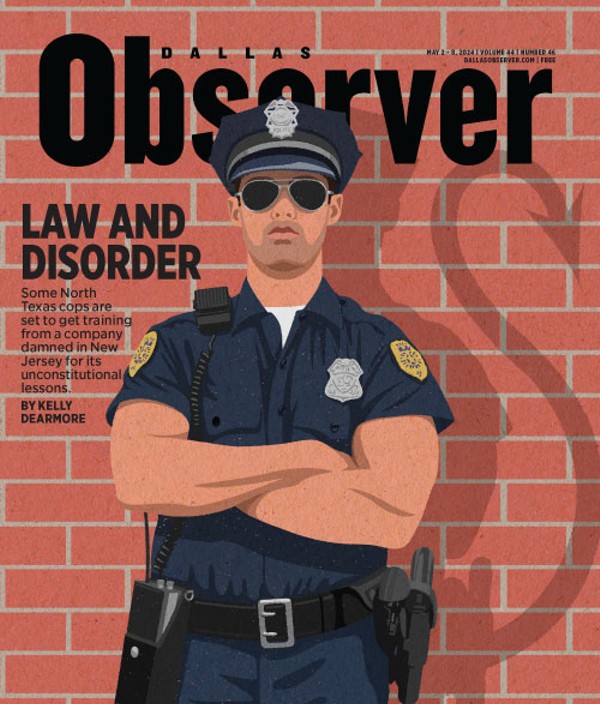But over the last few years, colleges and universities across the country, including several in North Texas, have noticed a trend that's making it harder to bring those students to the United States. More and more of their prospective international students are having their student visa applications either delayed by months or denied outright.
Many of the international students who have made it to Texas over the last three years have faced another challenge: long delays for applications for temporary work permits that would allow them to stay in the country and work after graduation, forcing them to decide between taking a risk and staying in the United States or giving up and going home. Higher education officials say the on-the-job experience students get under that work permit is a major factor in why they choose to study in the United States to begin with.
"That training is absolutely instrumental to their ability to go back home and work," said John Singleton, director of international student services at Texas Christian University.
At TCU, international students have seen "significant" delays over the past year and a half in optional practical training applications, Singleton said. However, he said, those delays seem to have dissipated over the last two months, and students who submitted those applications last fall generally got a relatively quick response.
"We lose out in bigger picture numbers if people feel like the United States is not welcoming." — Josephine Vitta, University of Texas at Dallas
tweet this
Optional practical training, or OPT, is a work permit available under the student visa that allows international students to stay in the country temporarily after graduation to work. When OPT applications are delayed, it leaves those students in a difficult position, Singleton said: They're forced to choose between waiting in the United States in the hopes that their applications eventually are approved or returning to their home countries, knowing they're forfeiting their chances to work in the United States. When students whose OPT paperwork is pending leave the country, they aren't allowed back in to restart the process.
When international students come to the United States to study, they're taking a bit of a gamble, Singleton said. Students who leave their home countries to come to the United States are intentionally taking themselves out of the training systems in their home countries, which means they're not being vetted against their peers. Most of those students are counting on future employers seeing a degree from American university and work experience at an American company on their résumés and being intrigued enough to give them a job.
Historically, that gamble has paid off for students, Singleton said. Many of TCU's international students have gone back to their home countries and gotten jobs training people on how to teach their fields of study.
In an email, Matthew Bourke, a spokesman for U.S. Citizenship and Immigration Services, said the agency had received a surge in OPT applications last summer, which led to processing delays. The agency moved more resources toward processing those applications, and average processing time is now within the agency's standard 90-day processing period.
Texas ranks third in the country in the number of international students enrolled at its colleges and universities. During the 2018-19 academic year, 81,893 international students were enrolled in colleges and universities in Texas, a 2.9% decline from the previous year, according to the New York-based nonprofit Institute of International Education's annual Open Doors report. Those students bring an estimated $2.2 billion in expenditures to the state.
The U.S. State Department granted 8.4% fewer student visas during the 2018 fiscal year than during the previous year, according to State Department data. Notably, visas granted to international students from mainland China, which accounted for about 27% of all student visas granted last year, were down 14%.
That data doesn't include figures on how many international students applied for visas, meaning it doesn't show whether that decline is the result of fewer students applying for visas or an uptick in visa denials.
While Southern Methodist University hasn't seen a significant spike in visa denials, admissions officials have noticed an increase in the number of international students whose visa applications have been delayed, said Wes Waggoner, SMU's associate vice president for enrollment management.
In cases where incoming international students have faced significant delays, the university tries to work with them, in some cases pushing their start dates back by a semester or a year. While those delays don't generally throw students' academic careers off track entirely, Waggoner said they can be a source of headaches for those students.
Waggoner said those delays are "not necessarily something that's surprising," given the increased scrutiny federal officials have placed on immigrants coming into the country from particular regions.
The University of Texas at Dallas is home to more international students than any other college or university in the state, according to the Institute of International Education. Until about three years ago, the university saw "a very small handful" of visa denials each year — few enough that the university never bothered tracking them, said Josephine Vitta, interim director of UTD's office of international student services.
But over the past three years, Vitta said, more and more prospective international students have either had their visa applications denied outright or been subject to more layers of scrutiny through the American embassies or consulates in their home countries. Often, that increased scrutiny slows the administrative process down to the point that those prospective students either miss the beginning of classes and have to defer to the next semester, or they give up entirely, Vitta said.
State Department officials didn't respond to the Observer's request for an explanation of the apparent rise in visa denials and delays. But a spokesperson told WBUR in Boston that student visa application times may vary, and the department's top priority is national security.
Visa denials can upend prospective international students' educational plans, often to devastating effect, Vitta said. But they can also cause problems for the colleges and universities those students planned to attend.
International students play a major financial role at American colleges and universities. Because they generally aren't eligible for financial aid or in-state tuition, international students pay full freight for their educations. At some schools across the country, declining international enrollment has caused serious budget problems. Earlier this year, Peninsula College, a community college in Washington state, was forced to lay off staff members because of a budget shortfall that was driven in part by a 25% drop in international enrollment.
Universities also want their homegrown students to be able to work and interact with people from different backgrounds from their own, Vitta said. Ideally, their graduates would be able to take their degrees and go to work just as easily in Singapore as in Houston, she said. Having international students on campus gives students who can't study abroad themselves the opportunity to interact with and hear the perspectives of other students from across the world.
In a broader sense, Vitta said, multiyear nationwide declines in international enrollment can point to a worrisome trend: that prospective students across the world no longer see the United States as a welcoming place for them to pursue their education. If that impression begins to take hold, it can outlast any policy change, she said.
"We lose out in bigger picture numbers if people feel like the United States is not welcoming," Vitta said. "It takes a lot to change that mindset, even if other external factors like visa denials change."












